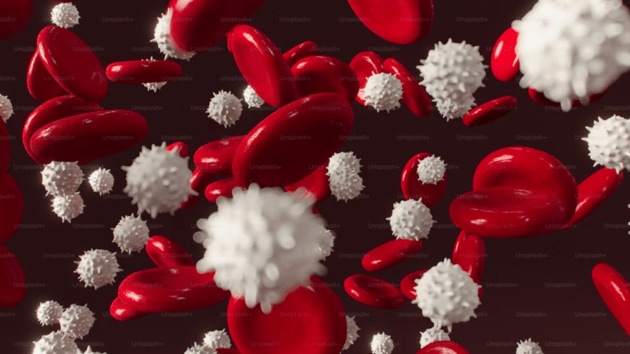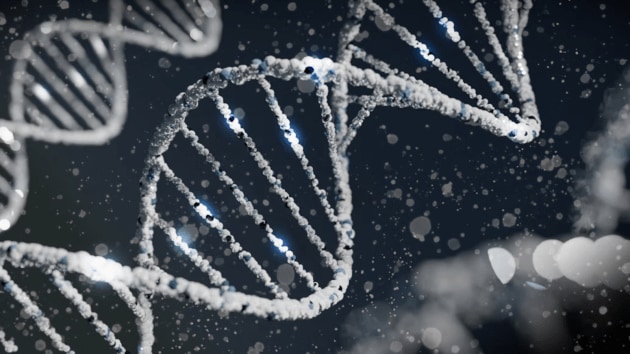What causes peanut allergies? Let’s take a look
Ever wondered why actually people are prone to have peanut allergies? Here's everything you need to know.
October 27, 2025 10:40 IST 1 / 7
1 / 7Peanut allergies are among the most common and severe food allergies worldwide. Even a tiny trace can trigger a reaction. But what actually causes it? lLt's look at it. (Source: Photo by Unsplash)
 2 / 7
2 / 7Overreaction of the Immune System: Your body mistakenly identifies peanut proteins as harmful invaders, releasing chemicals like histamine that trigger allergy symptoms. (Source: Photo by Unsplash)
 3 / 7
3 / 7Gut Health connection: Research suggests an imbalance in gut bacteria can affect immune responses, possibly contributing to food allergies like peanuts. (Source: Photo by Unsplash)
 4 / 7
4 / 7Genetics Play a Major Role: If allergies run in your family, your risk of developing a peanut allergy increases. Studies show strong genetic links in allergic conditions. (Source: Photo by Unsplash)
 5 / 7
5 / 7Environmental and Hygiene Factors: The “hygiene hypothesis” proposes that growing up in overly clean environments might limit immune system training, increasing allergy risk. (Source: Photo by Unsplash)
 6 / 7
6 / 7Cross Contamination Risks: Even small traces of peanut protein in processed foods or shared utensils can cause severe allergic reactions in sensitive individuals. (Source: Photo by Unsplash)
 7 / 7
7 / 7Early Childhood Exposure Matters: Introducing peanuts too late during infancy may raise allergy risk. Controlled early exposure (under guidance) can help build tolerance. (Source: Photo by Unsplash)











